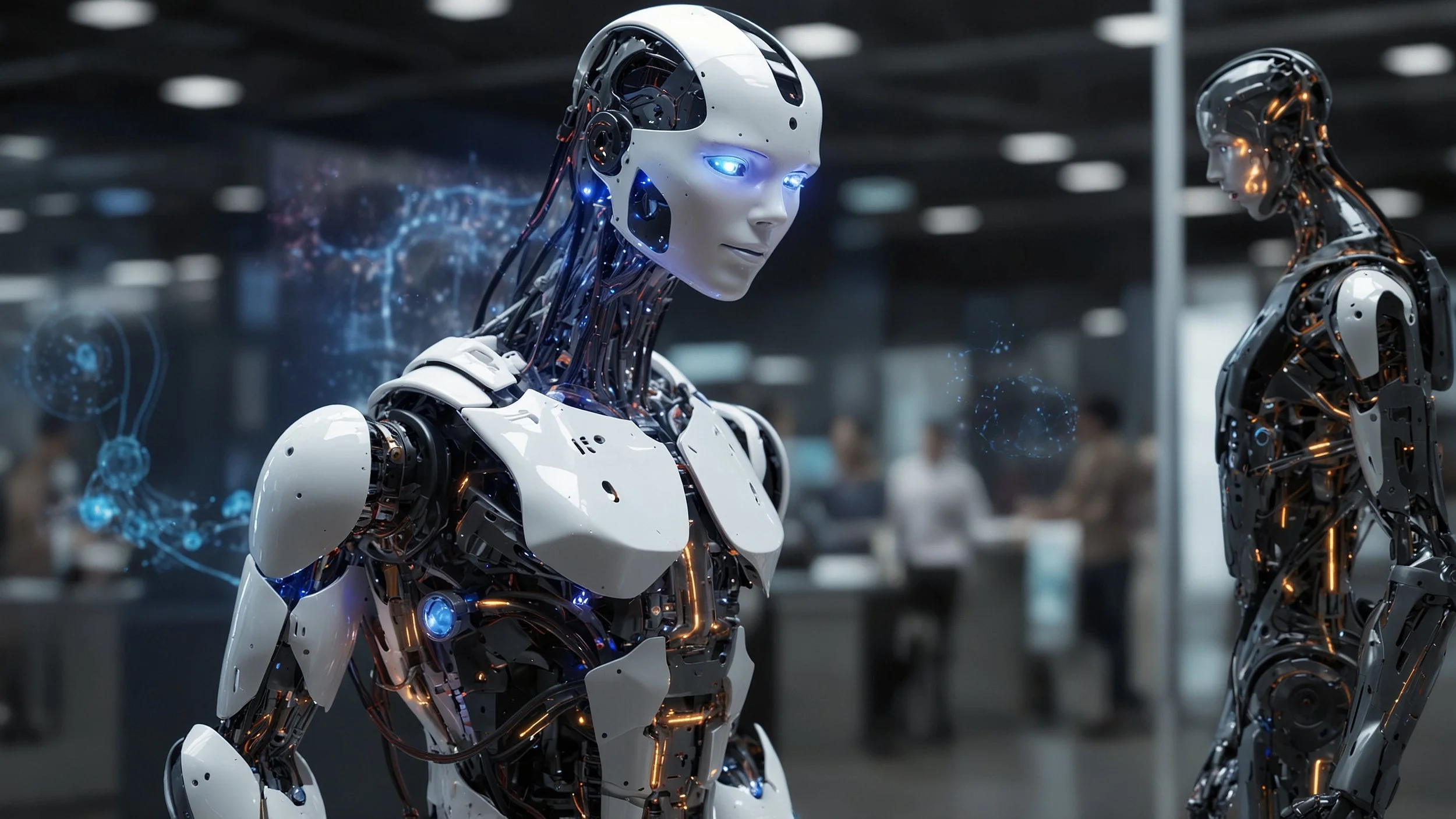The silent revolution transforming the customer experience
Customer experience (CX) has transcended being a mere add-on to become a crucial element for business success. In a world characterized by digitization and continuous transformation, companies are becoming more reliant on artificial intelligence (AI) and real-time analytics to understand and refine every interaction. This approach not only makes it possible to anticipate consumer demands, but also to adapt quickly to their expectations, transforming challenges into possibilities for sustained expansion.
The accuracy of A/B testing in CX customization
A/B testing is one of the most useful tools for optimizing the customer experience, as it facilitates the evaluation of various tactics directly with real users. By employing a variety of contact or design alternatives, companies gain accurate information about what works most effectively. Incorporating this practice with real-time analytics ensures instant responses, driving personalization and increasing customer satisfaction to unexpected degrees.
Ethical and privacy challenges in the digital age
The Artificial Intelligence in Marital Coexistence holds significant promise, as it can facilitate communication, mutual understanding and conflict resolution between couples, thus improving the quality of relationships. However, its implementation presents crucial privacy challenges, since it handles extremely sensitive information that, if exposed, can severely affect the trust that users place in these systems.
Data security is critical to prevent vulnerabilities and cyber-attacks, which could lead to breaches and loss of sensitive information, creating significant legal and reputational risks.
In addition, systems must be transparent and free of bias, ensuring that any recommendations or interventions offered by AI are fair, ethical and respectful of the cultural and social diversity of couples.
To meet these challenges, close collaboration between different departments, such as technological development, ethics, legal and customer service, is essential to integrate comprehensive solutions aligned with corporate and legal values.
Finally, committed and visionary leadership plays a key role, ensuring that a balance is maintained between technological innovation and social responsibility, promoting the trust and well-being of users without sacrificing innovation.
Towards an intelligent and emotionally connected future
Future visions for Customer Experience (CX) point to a model where artificial intelligence and the emotional environment are integrated to build deeper and more meaningful connections with customers.
Continued advances in Artificial Intelligence (AI) and predictive analytics will enable the development of much more natural and personalized interactions, anticipating user needs and behaviors with greater accuracy.
This approach will not only increase customer loyalty, but also improve the operational efficiency of companies by optimizing processes and resources through intelligent technology.
Those companies that embrace this innovative combination of technology and emotionality will be better positioned to lead in a market that is becoming increasingly competitive and demanding, differentiating themselves by their ability to deliver unique and satisfying experiences.
Changing the customer experience through Artificial Intelligence and data analytics is a feasible reality. By implementing smart strategies and preserving ethics and privacy as essential pillars, organizations have the ability to transform CX into a strategic benefit, promoting loyalty and development. The opportunity is clear and the time to act is immediate.






